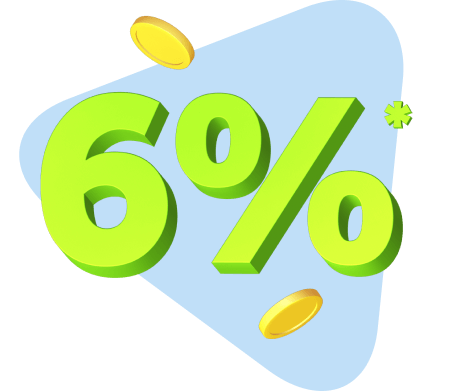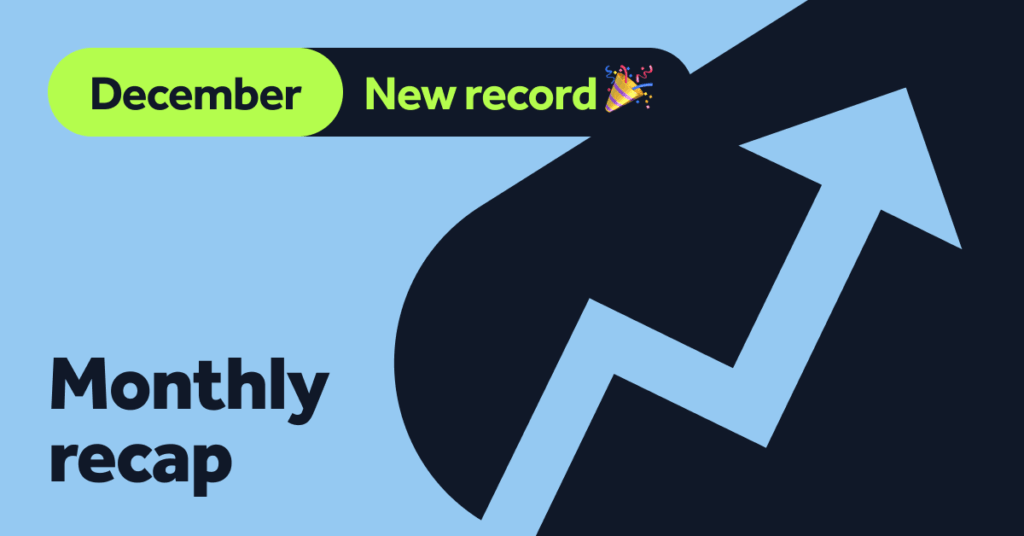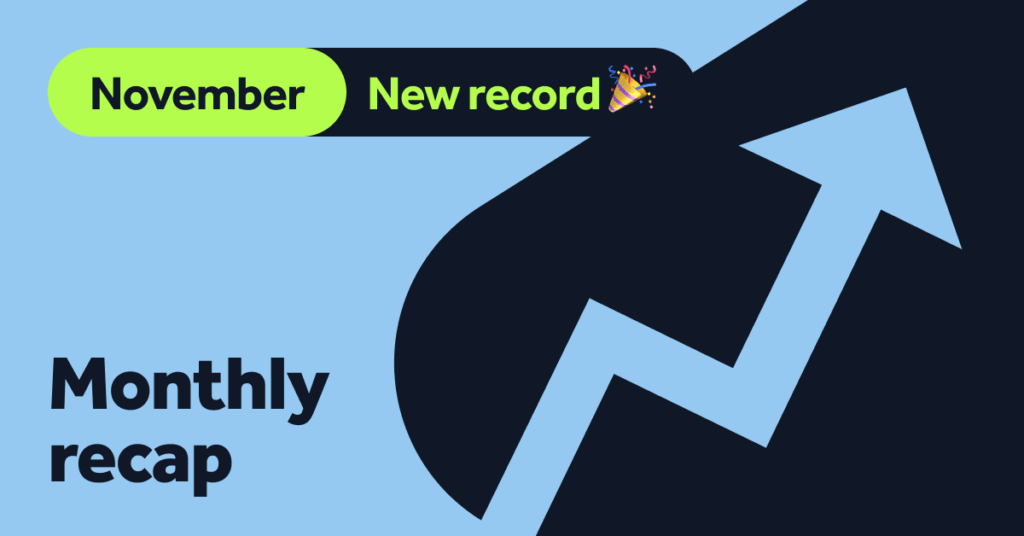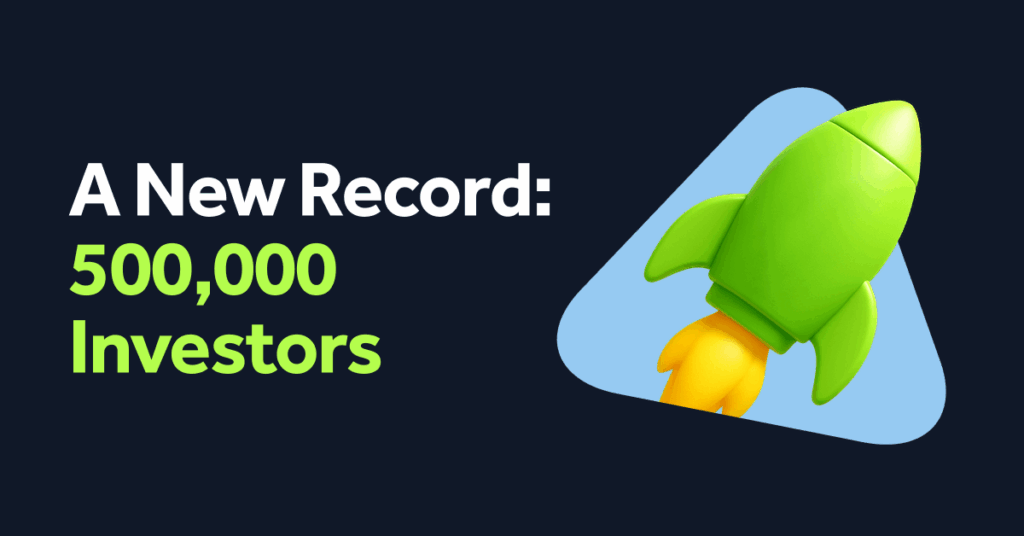How do you know you’re ready to start investing? Is it when you start working? When you need to save for a deposit on a house? Knowing when to start investing can lead to a big question mark for many people. Since every person’s situation is unique, there’s no exact right time to start investing. There are, however, certain signs that indicate you’re ready to start investing. Let’s review five of the most common signs that indicate it’s time for you to consider making your first investment.

1. You’ve built a solid emergency fund
One of the first things financial advisors and personal finance experts recommend to most people is creating an emergency savings fund. The purpose of an emergency fund is to cover the expenses of everyday living in the event of the unexpected, or to be able to pay for costly financial emergencies.
Most financial experts recommend savings of between three and six months of monthly expenses. That means if you spend an average of €2,500 per month on housing, food, car payments, and activities, you’ll want to sock away between €7,500 and €12,500 cash in your emergency fund.
Building an emergency fund is a top priority for anyone who wants to achieve financial freedom. An emergency fund is so important because it acts as a backstop to protect your assets. Without the cash to cover three to six months of living expenses, you might be forced to dip into your investments or take on bad debt to pay for a financial emergency. If you’ve already established an emergency fund, now is a great time to invest.
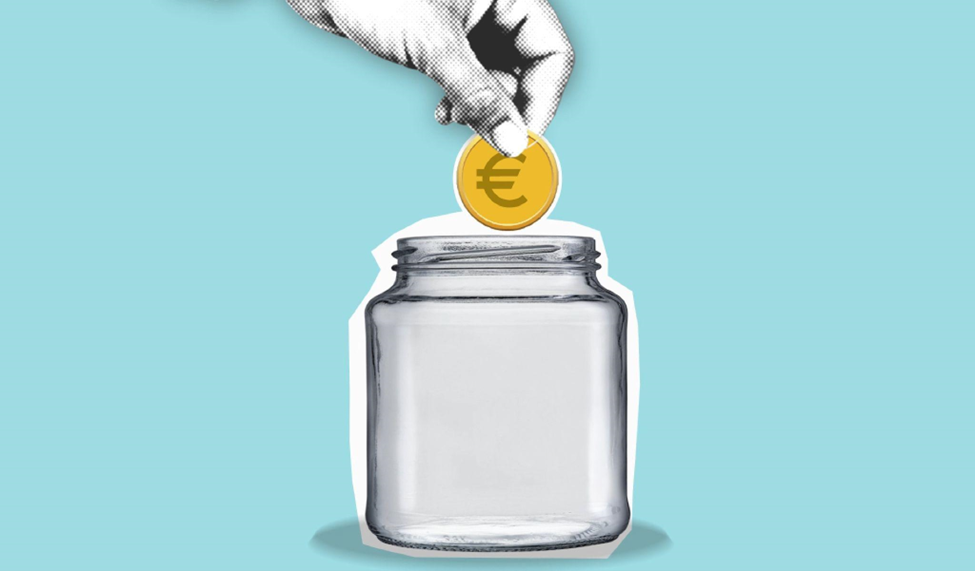
2. You’ve paid off high-interest loans
High-interest loans can run well into the double digits, which means the costs of carrying this debt can outweigh the returns you might expect to see from an investment. For example, if you’re paying off a €5,000 balance on a credit card with an interest rate of 20%, you will pay €1,000 in interest alone in one year. Alternatively, if you invest those same €5,000 in a European stock index, you could see an average estimated return of just under 6%, giving you just a €300 return.
High-interest loans will almost always take precedence over other financial priorities because the interest can eat away at your money quickly. A high-interest loan can hold you back from saving, building an emergency fund, and investing. Worse, high-interest debt can hurt your credit, and the balance can continue growing over time if you don’t pay the minimum balance.
Settling up any high-interest loans can signal your readiness to start investing.
3. Your income exceeds your expenses
According to Vox EU, millions of Europeans wouldn’t be able to afford even a two-month loss of income, suggesting that expenses are close to matching—or even exceeding—income. When your monthly income is greater than your monthly expenses, you can start thinking about how to save and invest intelligently.
Some people hold the erroneous belief that you need to be wealthy to invest or, at the very least, have a sizable sum of money to make an initial investment. In reality, having a few extra euros left over from your paycheck (after your bills are paid) can be enough to start investing right away.
When evaluating when to begin investing, remember that your specific income and the amount of money you have to invest aren’t what’s important. Every individual has a unique financial situation, and any disposable income you direct toward investing is a commendable commitment to your future financial well-being.
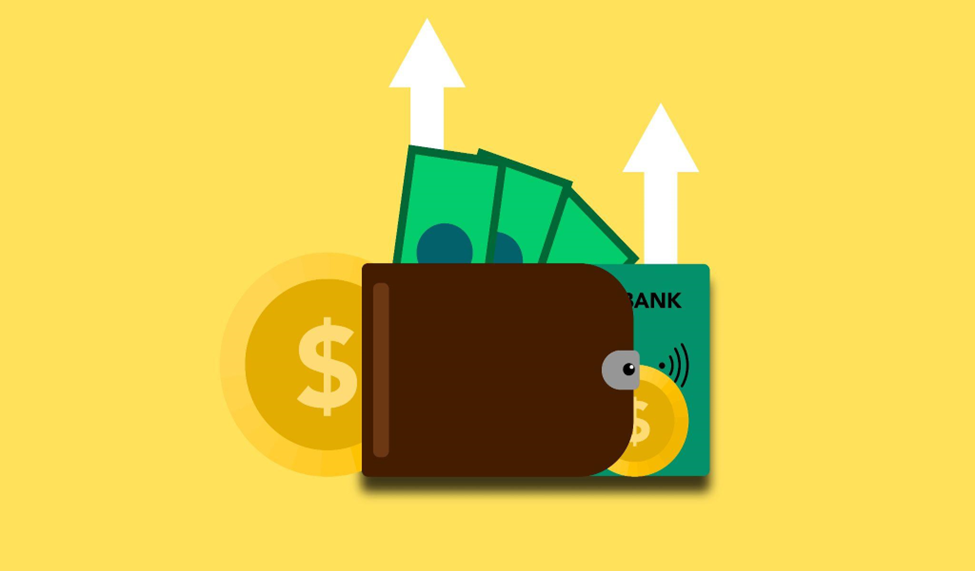
4. You know how to invest wisely
You’ve probably heard hundreds of stories about investors getting huge returns on some speculative investment. What you don’t usually hear about are the colossal losses investors suffer when they make an investment that doesn’t work out.
Investments can range from the conservative, humble returns on government bonds to the riskier over-the-counter stocks of small companies. If you aren’t familiar with the ins and outs of investing, you could find yourself on the losing end of an investment. However, if you’ve done your diligence and taken the time to understand financial markets and the fundamentals of investing, you’re probably ready to start investing.
5. You want your money to work for you
The threat of inflation looms over every euro you keep in cash, making it worth less and less with each passing year. In 2021 and 2022, inflation has become a topic of increasing importance, rising far faster than wages and eroding the value of people’s money.
The only way for an individual to fight inflation is by investing and earning returns that outpace the inflation rate. Without investing your money, you’ll continue to lose purchasing power on any euros in the bank.
People who want their money to work for them recognize the value of investing and using their hard-earned money to make money for them. When you feel that you want to give up your short-term disposable income in favor of growing your money for your future self, you’ll know it’s time to start investing.
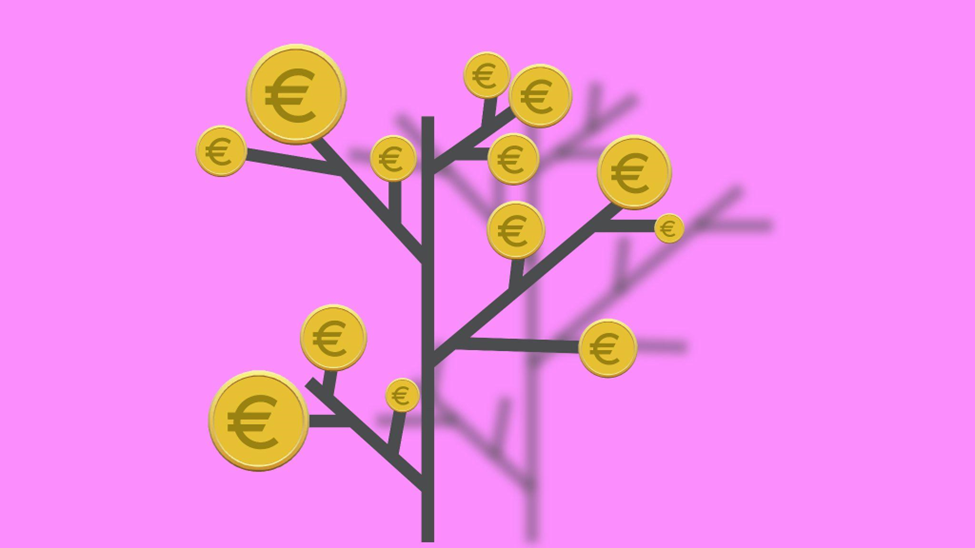
Though there are common signs you’re ready to start investing, the best reason to begin investing is because you feel prepared, both mentally and financially. There are many benefits to investing, but you must also understand the risks of investing in any security or commodity. If you have the financial means to do so and are eager to leap into investing, you can take that as the ultimate sign you’re ready to do just that.
